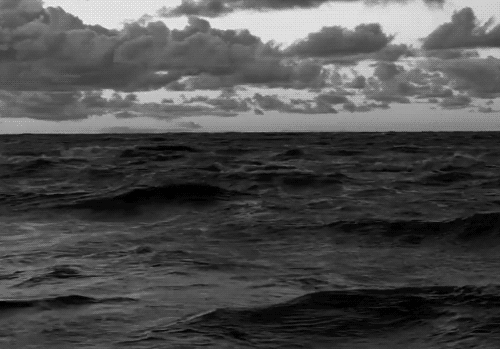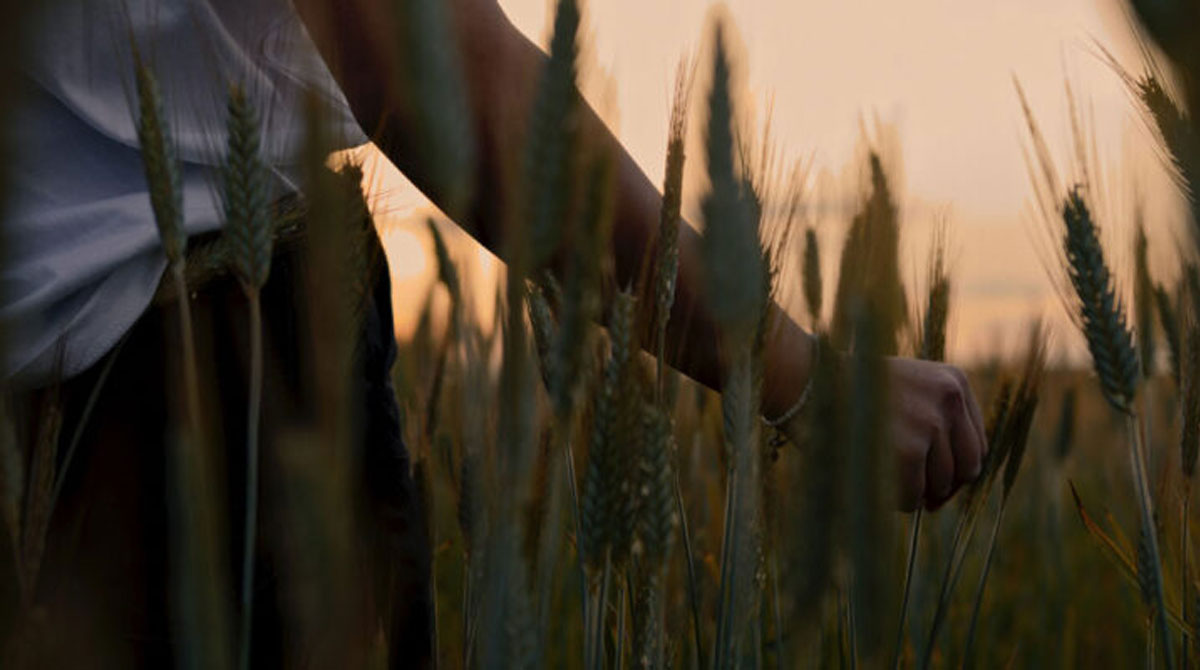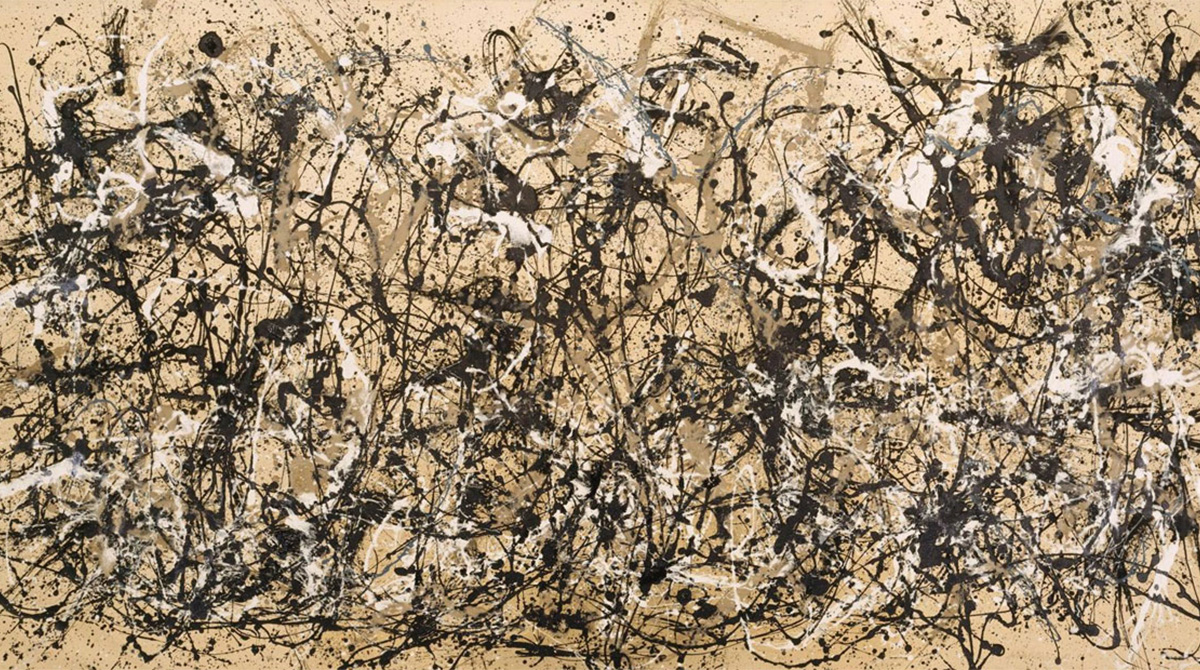Digging to China
We walked along the beach, my companion and I, on a cloud-filled morning in late autumn. The air was cold and filled with misty rain. It was the kind of weather that sticks to you; it gets in deep and stays there no matter the layers of clothes you put on. And it was gray. The sand, the sky, the sea, our faces, our mood – everything was gray. Even the sun, which tried so hard to deliver warmth and light, ended up just being a dull gray blob behind a dull gray cloud. And it was on this gray morning that my companion and I were sent out to have fun.
I was a boy, seven years old, almost eight. I wore dark blue sweat pants with white racing stripes down the sides and a hooded sweatshirt with Ocean City written in large white, block letters across the front. I wore no shoes.
My companion was a girl, already eight. A fact she reminded me of constantly. She wore a similar outfit except her stripes were pink. Our mothers had bought them in one of the only shops still open on the boardwalk this late in the season. We needed warm clothes since all we packed were shorts and t-shirts. Her name was Rose. Or maybe it was Iris. It could have been Daisy. I don’t remember her name but I remember it was a flower. I remember it sounded pretty at the time.
We searched the beach for seashells and rocks and sticks and logs; anything big enough to make a large splash in an oncoming wave. It was all we could think of to do. It was too cold to swim and the rides were closed on the boardwalk. And we couldn’t go back to the beach house because our mothers had “grown sick and tired of our bitching” and sent us to “have fun” on the beach.
I found a particularly large shell and held it to my ear, “I can hear the ocean,” I said.
Flower Girl put her hands on her hips. She had already told me you couldn’t hear the ocean in shells. “That is just your ear blood rushing by,” she said.
“Nuh-uh, I hear that,” I pointed to the water.
Flower Girl seemed mad at first then tilted her head to one side, “Good one,” she said, “you got me.” Then she grabbed the shell from my hand and threw it in the ocean. She fell backward in the sand and kicked her legs in the air, “I’m so bored!” The sound she made was half scream half moan. “There is noTHING and noBODY that is interesting or fun around here!” I sat down next to her. “No offense,” she said. There was none taken. I was thinking the same thing.
The weekend was supposed to be unusually warm; an Indian summer kind of thing. So our mothers packed us in a green Honda Civic hatchback and drove down to the Jersey shore for a long weekend. It was a special treat. But the rain came just after we arrived and with it the cold and the gray. We ventured out once to the boardwalk to find the amusements shut down and the arcades closed. The only stores open were the ones that sold sweatshirts and the ones that sold saltwater taffy. I never liked saltwater taffy.
We were told to “make the best of it” and settle in for the next few days. Our mothers did just fine. They were co-workers at the advertising agency and had known each other for a while. They spent their time drinking white wine from clear plastic cups and listening to Frank Sinatra and Bobby Darrin and Elvis. They laughed at jokes we didn’t understand and got appropriately outraged at each other’s ex.
Flower Girl and I bemoaned the lack of a TV and the fact that there was only one board game, Monopoly, and it was missing pieces. And we both hated Monopoly. “What is wrong with you two?” we were asked. “You’re friends, go have fun.”
But we weren’t friends. That was the thing. Parents always assumed that if kids were around the same age we all got along and enjoyed each other. Simply not the case. Oh, sure we tolerated each other. And we got along okay enough in a pinch, but we didn’t know each other. We didn’t go to the same school; we didn’t live in the same neighborhood. We didn’t even have a mutual friend. She didn’t read comics or watch monster movies or Star Trek or like baseball. She had never even seen Gilligan’s Island, which was bizarre because everyone had seen at least one episode. We had nothing in common.
I just started digging then. Out of boredom and pent-up energy. Using both hands like shovels I started pulling the wet sand away and throwing it to one side. As the hole got deeper water began to fill it and the sides crumbled and slipped down filling it. But I just kept digging. Flower Girl joined in. She didn’t say a word she just started digging with me. And the hole got bigger and deeper. And the wet sand felt good beneath my fingers but they soon grew could. I did not stop. Flower Girl did not stop. We just kept digging and digging and digging.
“Are you digging to China?” the voice was deep and hollow. It startled us. We looked up to see an old man standing there. He seemed ancient; his face deeply wrinkled and pale. And gray. His head was bald, just little wisps of white hair above his ears and on his nose. He wore a hooded sweatshirt like mine but with no writing on it. And he wore sweatpants just like mine with the same white stripes down the side. Only his were faded. And the pants were rolled up over his calves exposing his pale, gray legs with thick blue veins running up and down. He had an under-bite that caused his bottom lip to stick out over his top. He held a bottle in his hand. “You have to dig harder than that to get to China,” he said, “I know, I’ve tried.” He walked toward the water.
I got up to follow him. Flower Girl grabbed my arm, “Stranger danger,” she said. I shrugged and kept following. She followed too. The old man was examining the bottle. It was empty and clear, like a wine bottle but without a label. There was a large cork jammed in the top. The man turned to us as we got close, “You shouldn’t talk to strangers,” he said and smiled. His under-bite smiling made him look like a smushed apple. “But that is exactly what I want to do. I want to talk to strangers.”
The old man pulled a folded piece of paper from his pocket and unfolded it in front of us. There was a long message written in a looping, scrolling script. He rolled the message into a tight tube and, after pulling the cork out with his teeth, dropped the paper in the bottle. He started to put the cork back but stopped, “Would you like to say something?” he asked. The old man had another blank piece of paper in his pocket and a black flair pen.
“What should I say?” I asked.
“What would you say if you just met someone?” he asked back.
I thought for a moment, “I guess I’d just say hello.” And that is what I wrote. I handed the paper to Flower Girl and she wrote something in careful tiny letters. She wouldn’t tell me what it said.
The old man put the cork back in the bottle and with strength, I would not have expected threw the bottle in a long arc into the ocean. “This is the tricky part,” he said, “If the undertow takes it the bottle will float off into the deep, but if a wave gets it…” He shook his head sadly. We guessed what would happen next. Flower girl and I watched with clenched hands as the bottle bobbed up and down and up and down. A couple of waves threatened to send it back to the beach but a current took it and it was off soon out of sight. We cheered and clapped.
“Now what happens?” Flower Girl asked. The old man shrugged.
“But how do we know if someone found it?” I asked.
The old man smiled his smushed apple smile, “You don’t. Sometimes you just put something out in the world and trust someone found it. And sometimes just doing is the fun part.” The old man waved at us and walked away down the beach fading into the gray.
We turned around to find the hole we dug had collapsed and filled in. Almost as if it had never been there at all.
“Let’s just go play Monopoly,” Flower Girl walked off toward the house.
I stared for a while off into the water looking for the bottle. It was gone.
Originally published November 21, 2014











Likhon chowdhury says:
Conor says:
Andy Garcia says: